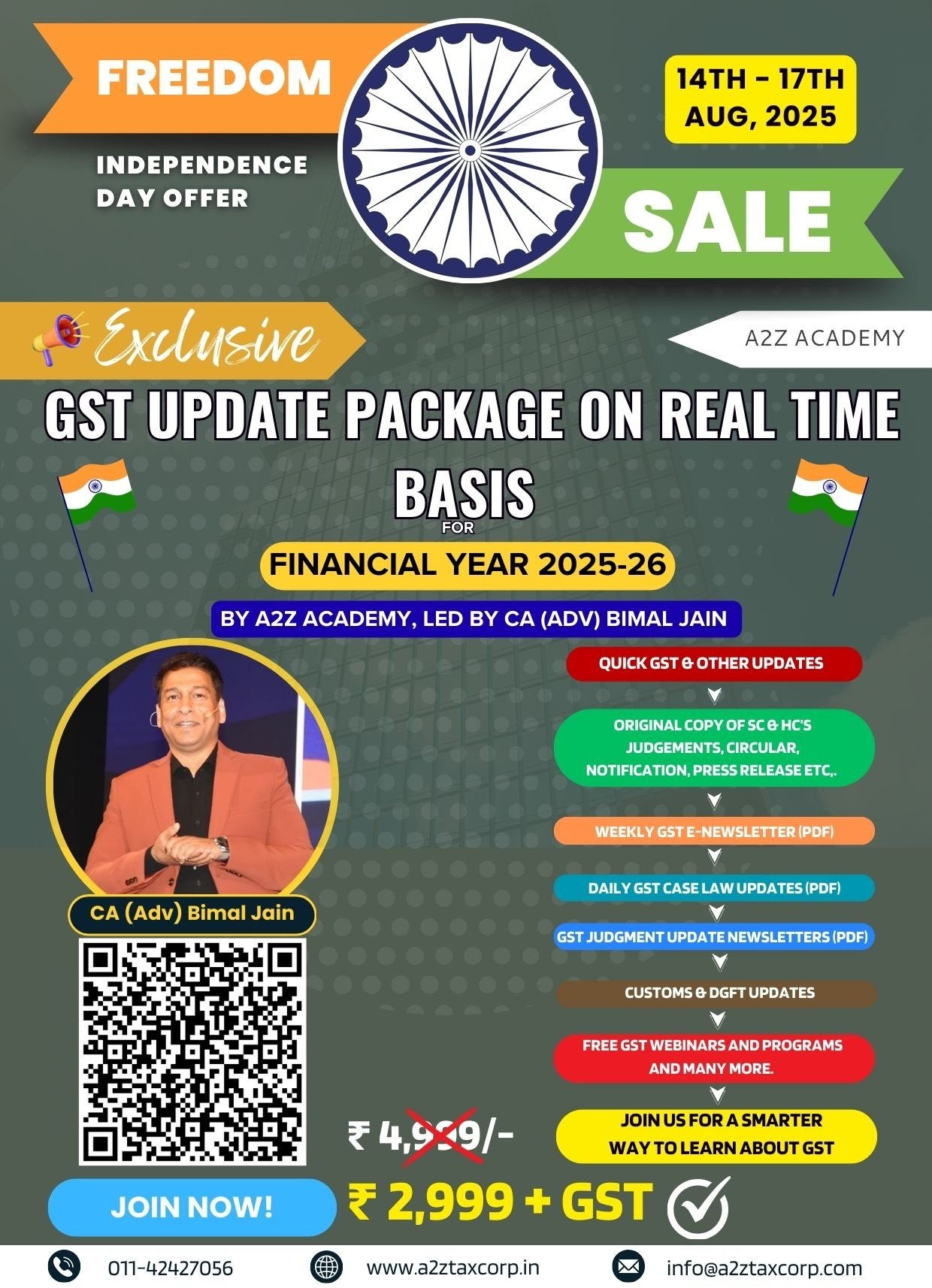
Earning more often means paying more tax, but smart planning can help you keep more of what you earn. Experts outline ways high-income taxpayers can cut their tax outgo and build wealth wisely.
Pick the right tax regime
“The first step is to choose the right tax regime,” says a tax expert.
The old regime allows many deductions and exemptions. The new regime has a higher basic exemption but fewer deductions.
“Picking the right one for your income profile can lower your overall tax bill,” he adds.
Use capital gains exemptions
Selling a residential property and buying another can save tax under Section 54. “If you sell shares, mutual funds, or jewellery, reinvest in a home under Section 54F to claim exemption on the gains,” Nath advises.
Try loss harvesting
Loss harvesting is a simple move. “If you have loss-making investments, sell them before March 31 to offset capital gains. You can buy them back in the new financial year. This can cut your tax sharply,” he explains.
In an earlier conversation with CNBC-TV18, another tax expert explained, “In the US, it’s common for investors to book investment losses near the end of the financial year to reduce their tax liabilities and create tax assets. This strategy, known as tax loss harvesting, can also be leveraged by Indian investors to generate tax alpha.”
Explore GIFT City investments
High-income NRIs can look at GIFT City’s IFSC. “Investing through Category III AIFs here can mean zero capital gains tax on select investments. It also helps preserve dollar gains,” he points out.
Consider tax-free bonds
For a safe bet, Nath suggests tax-free bonds from PSUs like NHAI, REC, or IRFC.
“Interest earned is fully tax-free. Also, if you have capital gains from selling property, invest up to ₹50 lakh in Section 54EC bonds within six months to defer tax and earn tax-free interest,” he says.
Use standard deductions
Those in the old regime should not ignore basic deductions under sections like 80C and 80DD. These reduce taxable income further.
Plan smart, document well
“Combining these strategies can make a big difference,” he says. He recommends keeping documents in order and consulting a tax advisor. “Tax planning is not just about saving today, but also about building long-term financial strength.”


